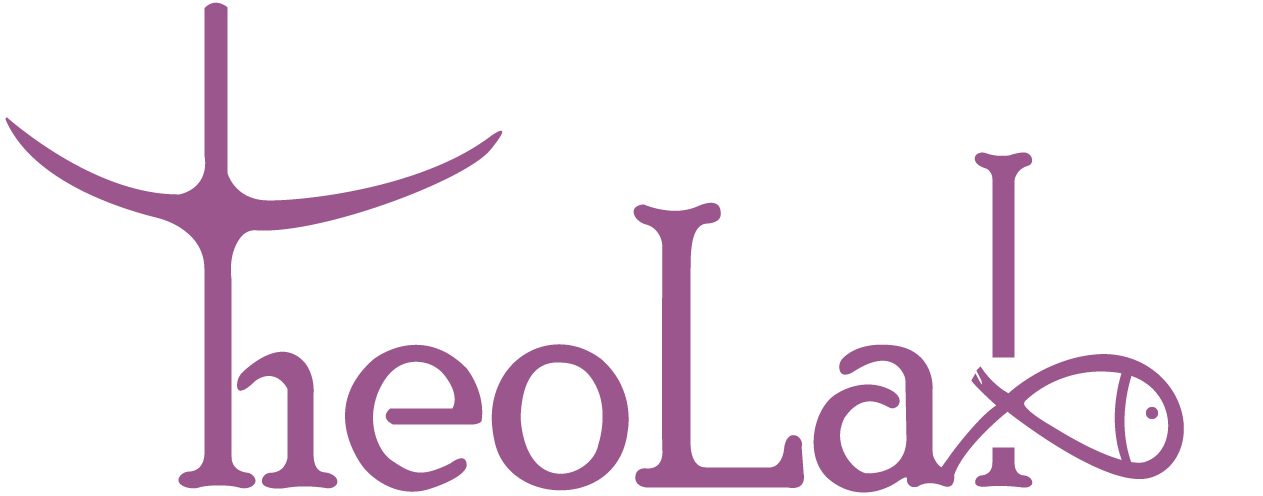Interreligious ethics is central for religious societies. In the modern world, where distances are being shortened, information accessibility is increasing and the encounter of various religions is becoming more intimate, the ethics for interreligious dialogue is getting more important. The interreligious dialogue is defined as “a dialogue between two in presence of a third part.”
Anyone – from ordinary people to theologians and religious leaders – might engage in interreligious dialogue. Oftentimes interreligious dialogue is deemed to be a dialogue between religions, whereas, actually religions are incapable of dialogue. It is people that are qualified for dialogue following the rules they have created. Interreligious dialogue regulates the nature, forms and ways of these dialogues. For instance, if a humanitarian aid group consisting of representatives of two different religious communities provides aid to a third religious community in danger, their agreement on various theological issues is not central to starting a dialogue, instead mutual tolerance and joint liability is a necessary prerequisite for it.
This is the very topic that ‘TheoLab’ calls for active involvement in elevation and identification of the interreligious ethical issues, especially inviting those professionals of the Armenian Apostolic Church who live in countries with religious traditions other than Christianity.

